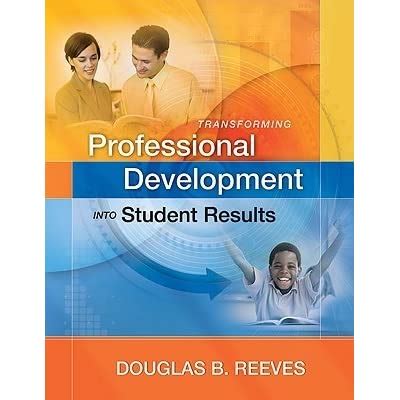A Quote by Malcolm Gladwell
What must underlie successful epidemics, in the end, is a bedrock belief that change is possible, that people can radically transform their behavior or beliefs in the face of the right kind of impetus.
Related Quotes
All personal breakthroughs begin with a change in beliefs. So how do we change? The most effective way is to get your brain to associate massive pain to the old belief. You must feel deep in your gut that not only has this belief cost you pain in the past, but it's costing you in the present and, ultimately, can only bring you pain in the future. Then you must associate tremendous pleasure to the idea of adopting a new, empowering belief.
I used to believe that you could change the culture or behavior of a company. I still believe it's possible, but it is at least a five to ten year process, if you are successful at all. More recently, I have been attracted to the ideas of the behavioralist, Edgar Schein. Schein has argued that you cannot change the culture of a company, but you can use the culture of a company to create change. It's an interesting approach to overcoming resistance. And if you can change how a company does its work, you might eventually be able to change how its people think.
An extremely important part of our work toward emotional growth and change will come from examining our belief systems regarding all areas of life. To gain the courage to be yourself, you need to address the beliefs that are keeping you stuck where you are. What beliefs, assumptions, and attitudes are you holding onto even though they no longer enhance your life? It is possible to free yourself from worn-out beliefs and acquire ones that bring happiness, strength, and self-esteem. What we believe we may become.
Why have we had such a decline in moral climate? I submit to you that a major factor has been a change in the philosophy which has been dominant, a change from belief in individual responsibility to belief in social responsibility. If you adopt the view that a man is not responsible for his own behavior, that somehow society is responsible, why should he seek to make his behavior good?
Once and for all, people must understand that addiction is a disease. It’s critical if we’re going to effectively prevent and treat addiction. Accepting that addiction is an illness will transform our approach to public policy, research, insurance, and criminality; it will change how we feel about addicts, and how they feel about themselves. There’s another essential reason why we must understand that addiction is an illness and not just bad behavior: We punish bad behavior. We treat illness.
To transform the world, we must begin with ourselves; and what is important in beginning with ourselves is the intention. The intention must be to understand ourselves and not to leave it to others to transform themselves or to bring about a modified change through revolution, either of the left or of the right. It is important to understand that this is our responsibility, yours and mine.
Religion was fading into the background. He had shovelled away all the beliefs that would hamper him, had cleared the ground, and come more or less to the bedrock of belief that one should feel inside oneself for right or wrong, and should have the patience to gradually realise one's God. Now life interested him more.
Change masters are - literally - the right people in the right place at the right time. The right people are the ones with the ideas that move beyond the organization's established practice, ideas they can form into visions. The right places are the integrative environments that support innovation, encourage the building of coalitions and teams to support and implement visions. The right times are those moments in the flow of organizational history when it is possible to reconstruct reality on the basis on accumulated innovations to shape a more productive and successful future.


































